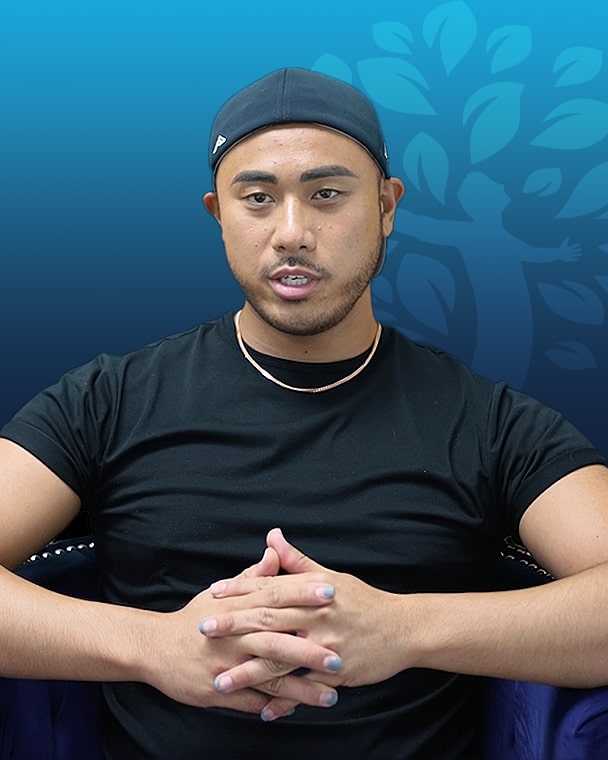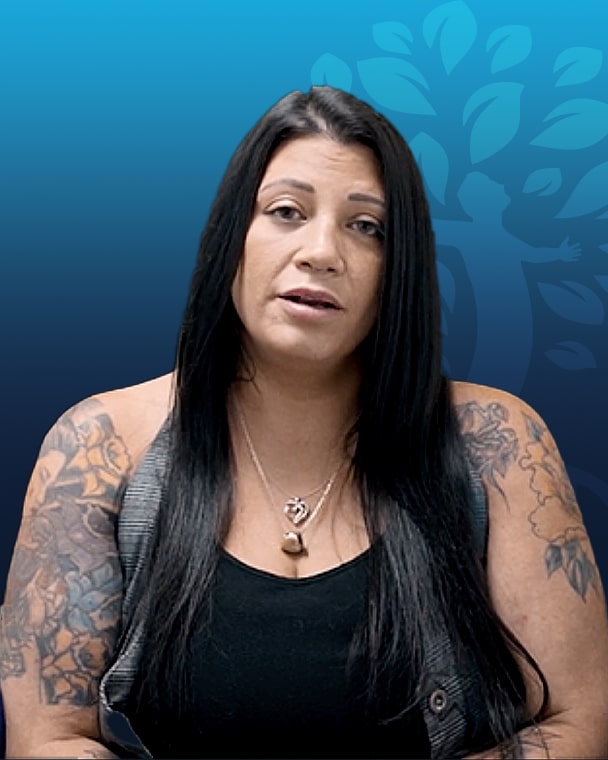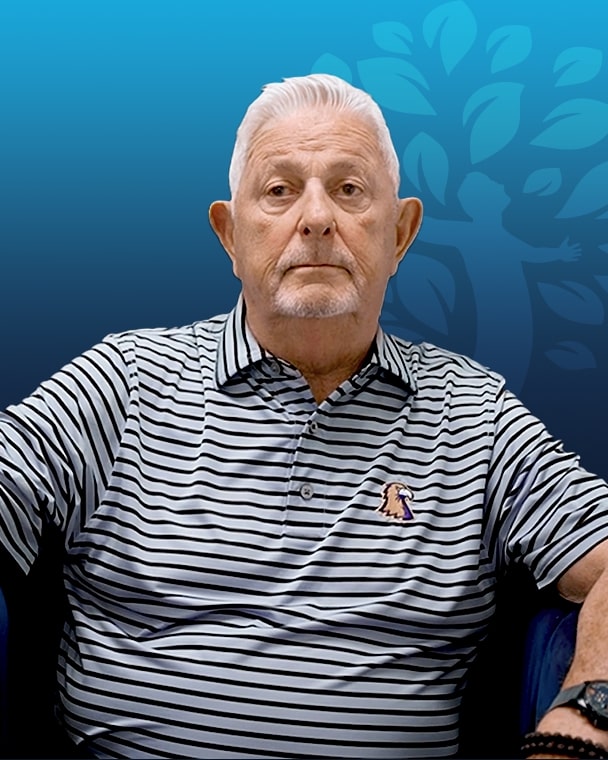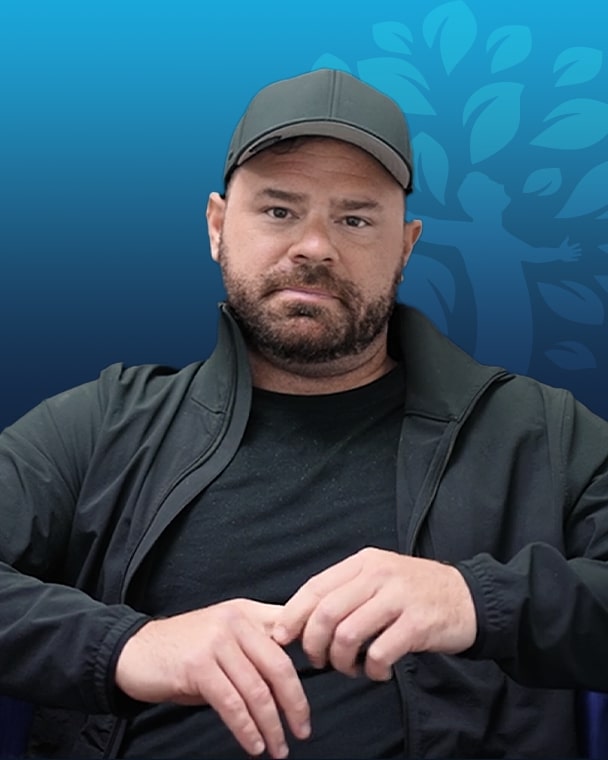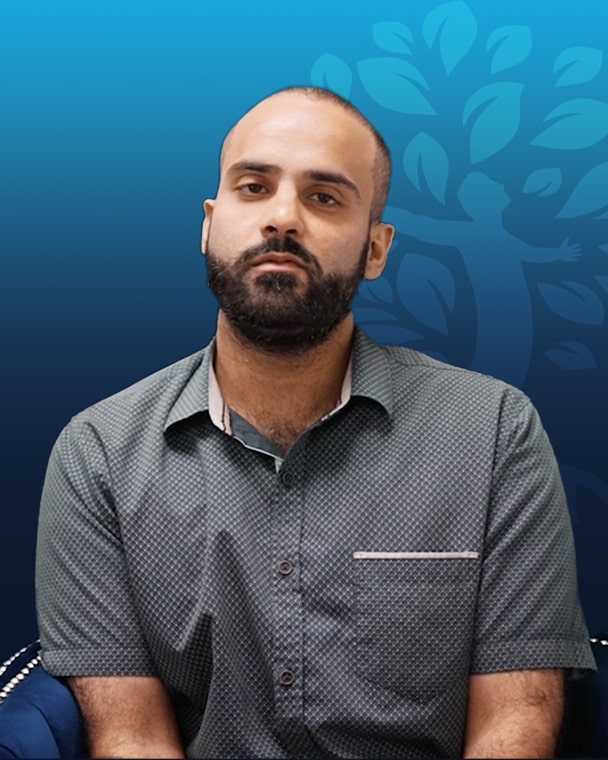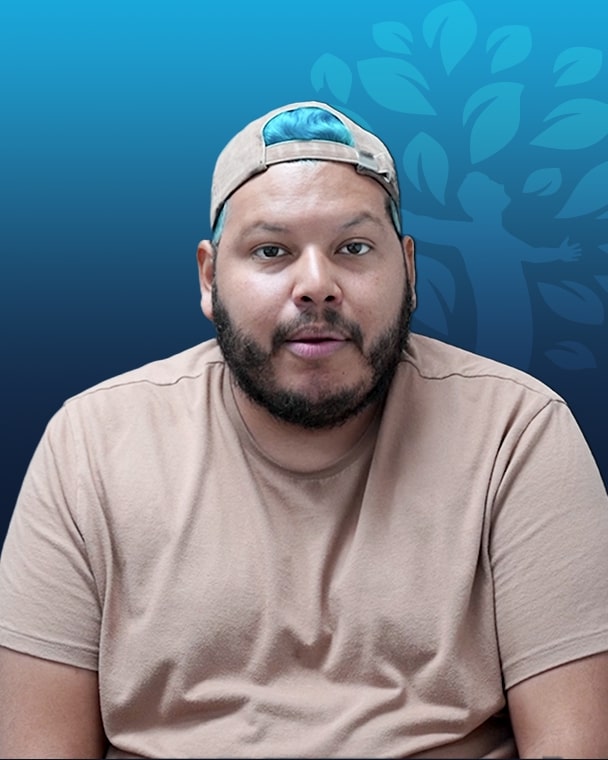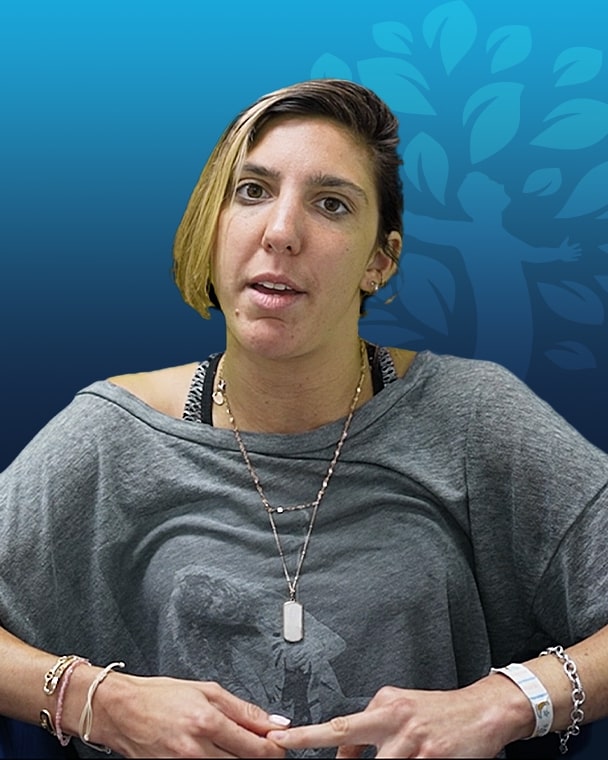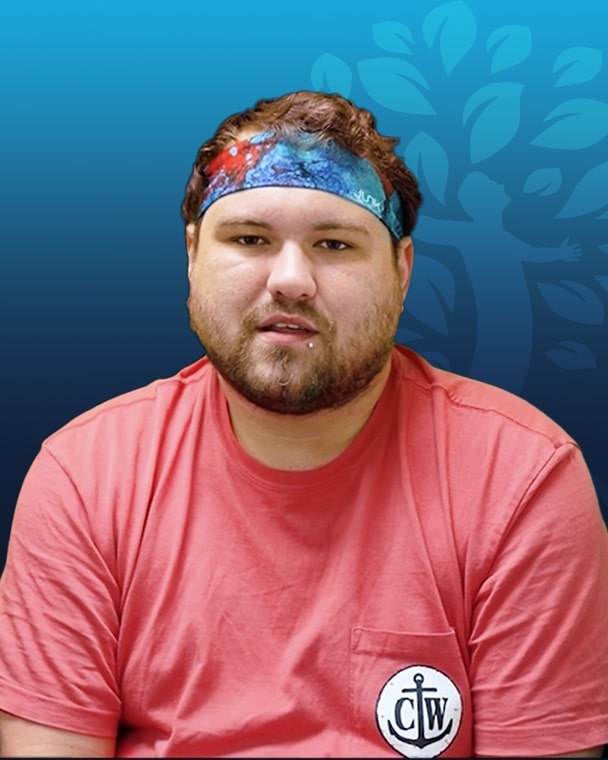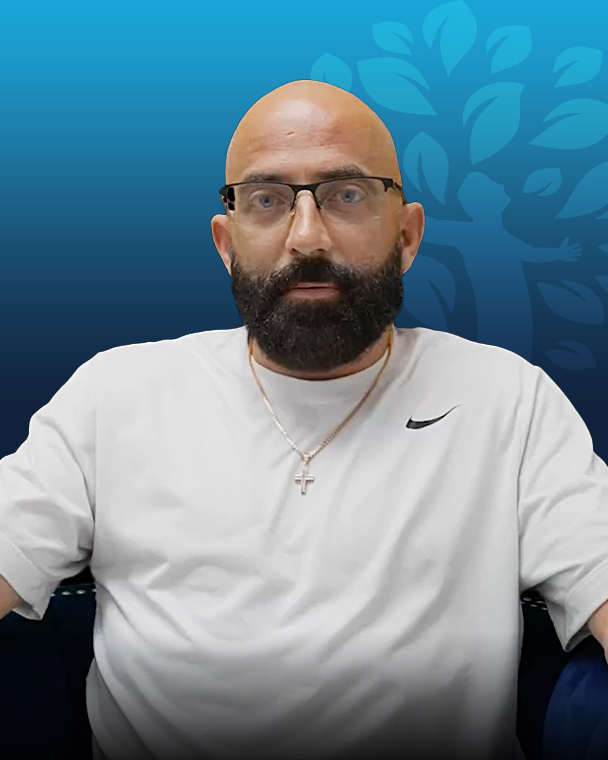
Opioid Drug Rehab Options For Port St. Lucie Residents
The Rise of Opioid Addiction
The city of Port St. Lucie has seen rising rates of addiction to opioid painkillers like OxyContin and Vicodin for years. Nearly 180 opioid overdose deaths were reported in the year 2017 in Port St. Lucie alone, rising from nearly 140 in the year 2016. The high opioid prescription rate seen in the area has been reported to be partly to blame for this trend.
CALL LEGACY HEALING CENTER 24/7 TO SPEAK WITH AN
INTAKE SPECIALIST. CALLS ARE COMPLETELY CONFIDENTIAL.
The Opioid Epidemic
Drug overdoses overtake suicides and automobile accidents as the leading cause of unintentional death among those under the age of 50 in the country today. Authorities in Port St. Lucie tend to attribute the rise in opioid overdoses largely to patients who were prescribed inexpensive painkillers, that unknowingly became addicted, even after the original pain from their incidents had subsided.
Once patients are hooked on prescription painkillers, the end of a course does not make people stop taking addictive drugs. Due to their addictive nature, people can more easily become addicted to street drugs as they are an alternative to prescription. Some of these street drugs include heroin, which is a highly addictive drug. Experts are of the opinion that the opioid epidemic is unlikely to end unless access to prescriptions for opioid painkillers is tightened up.
In the year 2000, the opioid epidemic mainly took the lives of those around the age of 40. They were the first generation to become addicted to these medications in large numbers. These days, however, most people who are affected by the opioid epidemic are in their 20s.
CALL LEGACY HEALING CENTER 24/7 TO SPEAK WITH AN
INTAKE SPECIALIST. CALLS ARE COMPLETELY CONFIDENTIAL.
The History of Opioid Addiction
Addiction to opioids has existed for centuries. The crisis, in its current form, however, came out of events that began in the 1980s. Many influential research reports that appeared in important journals of the time were of the opinion that opioid painkillers did not pose a high risk of addiction. The pharmaceutical industry took up these published opinions and made efforts to get doctors to prescribe these drugs for more and more conditions. At times, the marketing that manufacturers resorted to made use claims that weren’t entirely true. These developments, in combination with newfound focus in the medical community on the elimination of all pain that patients complained of, put these drugs into the hands of more and more people.
In the year 2014, a drug formerly used mainly for surgical anesthesia began to be prescribed by mainstream doctors for pain. Called fentanyl, the drug quickly became a popular alternative for recreational drug users. Most of the fentanyl available in the US is illicitly produced in countries like Mexico and China, and smuggled in. The fact that fentanyl is a highly potent substance means that very small quantities are needed to get high. It is easier for manufacturers to make, and for drug traffickers to transport.
Many people get hooked on fentanyl purely by accident. They are fraudulently sold fentanyl when they attempt to purchase another recreational drug, and become hooked on it. Once they become addicted, it becomes hard for them to get off it, even if they know that the drug can kill them.
While laws could be passed to get doctors to stop prescribing opioid painkillers altogether, it would be an unproductive path to take. These medications are an important way for people to deal with chronic pain. There has been some tightening of prescription practices as a result of the public outcry over opioid addiction statistics. More careful prescription practices may be the way to take in the future.
How to Detox from Opioids
Opioid use disorder, which is the term that medical professionals use to refer to opioid addiction, is first treated at rehabs with detoxification. Upon ending use of opioids, the patient experiences withdrawal symptoms such as agitation, anxiety, hot and cold flashes, digestive issues and tremors. While these symptoms are not life-threatening in nature, they can be extremely unpleasant. Performing professionally supervised detoxification in in-patient rehab under the oversight of trained medical and addiction professionals is the best way currently available to deal with active drug abuse.
The intensity of the withdrawal symptoms that a patient experiences usually depends on the length of time for which their addiction has run, and on the quantities in which they have used drugs. There is no one detoxification approach that works well for everyone. In some cases, rehabs find that switching patients to a synthetic opiate like methadone helps control the withdrawal symptoms. Over time, the doses of methadone prescribed are tapered off. Other medications such as buprenorphine can help with withdrawal symptoms such as cravings, as well.
CALL LEGACY HEALING CENTER 24/7 TO SPEAK WITH AN
INTAKE SPECIALIST. CALLS ARE COMPLETELY CONFIDENTIAL.
What Opioid Rehab is Like
When you consider addiction treatment, you may wonder about what actually happens there day-to-day.
Life in rehab tends to be precisely organized. Not only does the structure offer an efficient way to get the work of rehab done in the limited time available, it offers support for the healing process and minimizes stress, as well.
Typically, days in rehab begin early each morning, with a healthy breakfast and with exercise. Since part of the recovery process is about introducing good habits back into the patient’s life, normal sleep hours are an important part of the program.
Following breakfast, patients participate in a group session led by a therapist. Discussions center on topics to do with the treatment process, recovery, the 12-step program and so on. A good deal of the focus is directed at helping each participant gain clarity about the people and occurrences in their lives that made them turn to drugs or alcohol.
Daily meetings of this kind are conducted in an environment of warmth and support, and help every participant understand the patterns of behavior that have come to define their lives, and what they can do to change them.
Afternoons at rehab are usually taken up by a number of different therapy sessions.
Cognitive-behavioral therapy: CBT is a highly effective therapeutic approach that aims to help people recognize the way environmental cues trigger certain behavioral patterns in them. In one-on-one therapy sessions, participants are able to develop new, healthier behavioral patterns.
Group therapy: As valuable as individual therapy sessions can be, group sessions offer a sense of kinship and camaraderie. Participants share their life stories and experiences, and build trust, compassion and support for one another.
Family therapy: The addiction of an individual does more than to affect them. Their entire families are drawn into unhealthy patterns of behavior, as well. Codependency, anger, and resentment are common. Family support is an important part of the recovery process. Family therapy sessions help address unresolved anger, and help participants win back the support of their families.
Sober-Friendly Attractions near Port St. Lucie
If you are looking for sober-friendly attractions in the Port St. Lucie area, there are many amazing options. Enjoy your time exploring the beautiful town of Port St. Lucie, a hike in Savannas Preserve State Park, a walk through the botanical gardens, a visit to the Children’s Museum of the Treasure Coast with the kids of the family, or a visit to Walton Rocks Beach with the family dog, can all be wonderful ways in which to cap each productive day of work.
If you or a loved one are suffering from opioid addiction, there is help available. Contact Legacy Healing Center at (888) 534-2295 today.
Related Port St. Lucie Addiction Treatment Pages:
CALL LEGACY HEALING CENTER 24/7 TO SPEAK WITH AN
INTAKE SPECIALIST. CALLS ARE COMPLETELY CONFIDENTIAL.
Article content
- The Rise of Opioid Addiction
- CALL LEGACY HEALING CENTER 24/7 TO SPEAK WITH AN INTAKE SPECIALIST. CALLS ARE COMPLETELY CONFIDENTIAL.
- The Opioid Epidemic
- CALL LEGACY HEALING CENTER 24/7 TO SPEAK WITH AN INTAKE SPECIALIST. CALLS ARE COMPLETELY CONFIDENTIAL.
- The History of Opioid Addiction
- How to Detox from Opioids
- CALL LEGACY HEALING CENTER 24/7 TO SPEAK WITH AN INTAKE SPECIALIST. CALLS ARE COMPLETELY CONFIDENTIAL.
- What Opioid Rehab is Like
- Sober-Friendly Attractions near Port St. Lucie
- CALL LEGACY HEALING CENTER 24/7 TO SPEAK WITH AN INTAKE SPECIALIST. CALLS ARE COMPLETELY CONFIDENTIAL.


Legacy Healing Center testimonials
Real People. Real experiences



Legacy Healing Center testimonials
What Our Alumni Has to Say
Absolutely beautiful! Staff is so caring and welcoming. Highly recommend to anyone who is struggling and looking to heal. This is the place for you!
Jacqueline C.
Honestly, it's not what you imagine when thinking "detox." Legacy made my experience so comfortable from beds, food, staff and such a clean facility. Besides all that they literally gave me life back. Forever thankful.
Avi S.
GET IN TOUCH
Contact Us
If you would like to get in touch with us or simply have any questions or comments, please call us today. Our helpline if 100% confidential.
Call Us
Email Us
Visit Us
1425 WEST CYPRESS CREEK ROAD, SUITE 201FORT LAUDERDALE, FL 33309


